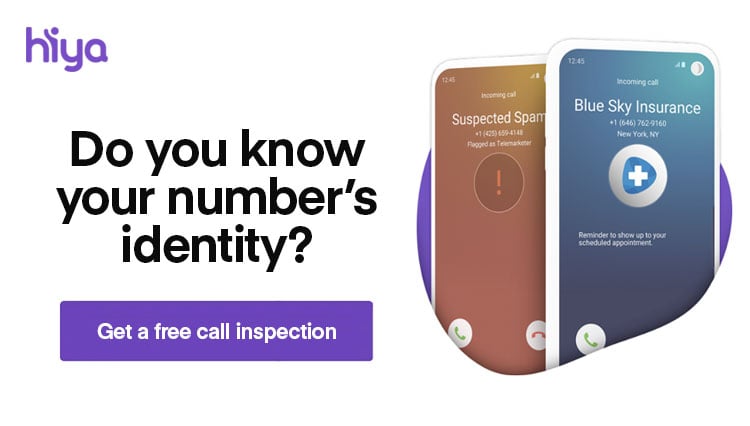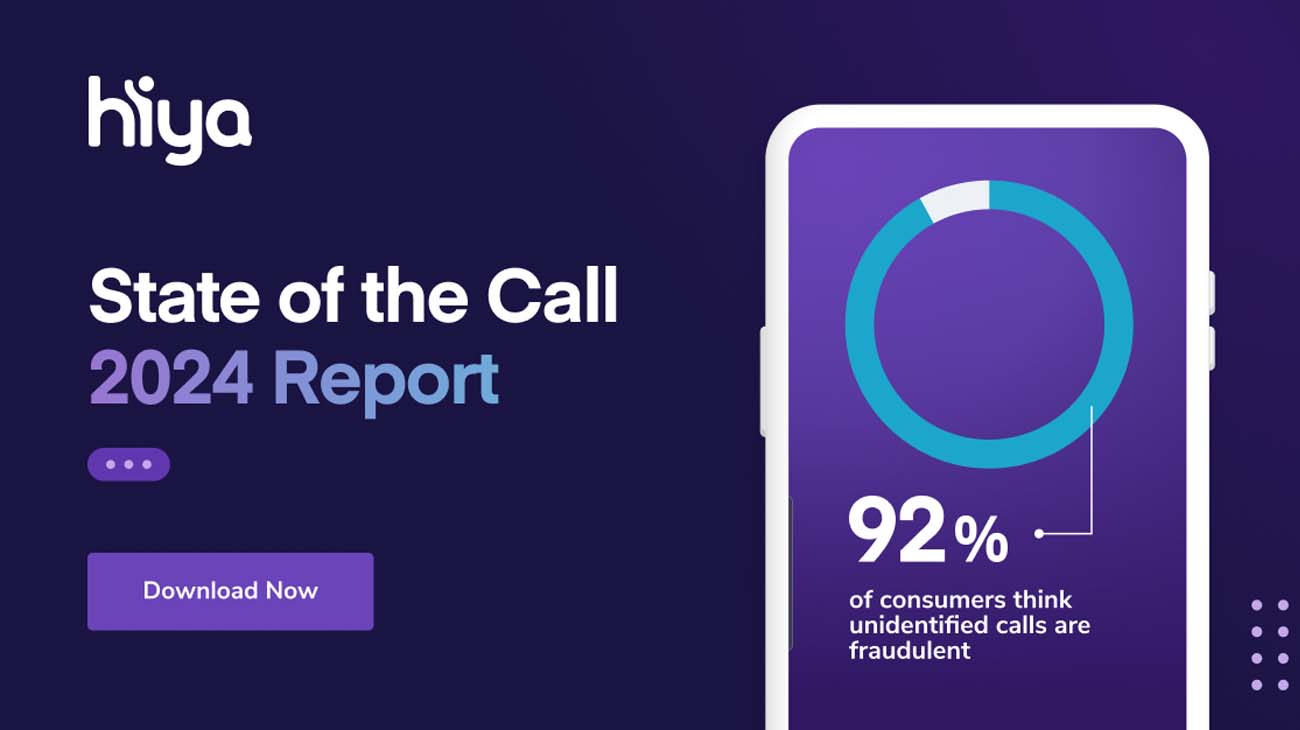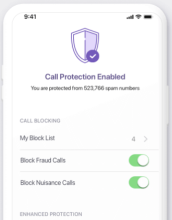The holiday season provides a perfect opportunity to slow down, reflect, and give. Just be sure you’re giving to those you care about the most. The season of giving is also an optimal time for fraudsters to get festive — and deceptive.
With increased shopping, travel, and digital activity, it’s good to be aware of some common scams during the holidays to protect your privacy and information. In fact, 15% of Americans reported that at least one household member has fallen prey to scams in the last year. Popular scams during this season come in various forms, from robocalls to smishing texts to phishing emails.
Don’t let fraudsters take advantage of your giving spirit during this season. Here are some tips on how to keep yourself and your family safe from scammers during the holidays.
Verify a company’s legitimacy
There’s much to be gained from a scammer’s perspective in capitalizing on the gift-giving season. Be aware of fraudsters who may pose as representatives from retail or technology companies that claim you have received a gift card or have won a special prize or giveaway.
Verify the legitimacy of the phone call or text by contacting the company through their official website or recognizing the common signs of a scam. This includes detecting a sense of urgency, vague greetings, personal or payment information requests, and spelling and grammar errors.
Research charities and nonprofit organizations thoroughly
Speaking of the season of giving, scammers take advantage of the season's generosity and may even pretend to represent charitable organizations or nonprofits. Be sure to research any charitable organization calling you to solicit donations before making any contribution. Consider going to the charity’s website directly instead of over the phone.
Be wary of package delivery scams
The postal service, FedEx, and other delivery service providers are often at their peak busyness this time of year. As online shopping continues to be a mainstay during the holiday shopping season, it’s also ripe for scammers to pose as delivery customer service representatives and claim that they couldn’t successfully deliver a package or that a package is waiting for you to accept. This might lead to unsolicited calls requesting personal information or payment for redelivery.
Always confirm the status of your deliveries directly with the courier or check in with those you may be expecting a package from to ensure you don’t miss your package and don’t fall victim to a scammer.
Be on the lookout for the grandparent scam
The grandparent scam is not a scam that solely occurs during the holiday season, but it may be a suitable time for scammers to jump at the chance to trick loved ones when they may be expecting a call from their families. The grandparent scam is when a fraudster calls its victim, in this case, a grandparent, to convince them their grandchild or a loved one is in trouble and needs help. The crisis may be an arrest or a medical emergency requiring money to be wire transferred. The calls are often impersonations of the family member and can be sophisticated in its approach with AI voice cloning and caller ID spoofing.
To avoid this type of scam call, it’s critical to take the time to verify the story. Verify the number and call the grandchild’s parents or friends to confirm where they are and if they are safe. Scammers often rely on urgency, and by taking the time to verify all details and not disclosing personal information, you’ll be able to prevent the scam.
How to protect against scam calls
Carriers can add Hiya Protect, a complete call protection solution that enables carriers to protect their subscribers by blocking and labeling spam calls and helping them identify wanted calls. Hiya Protect recently added a new layer of protection, Personal AI, which personalizes call protection to individual subscribers so they receive the calls that are important to them and are protected from targeted attacks.
With Hiya Connect, enterprises can improve customer engagement and loyalty while protecting customers from deceitful interactions and their brand reputation from inaccurate spam labeling. Get a free Reputation Analysis report to see if your customers are at risk.
Individuals can download the Hiya app to help identify the calls they want (like from loved ones) and block numbers they wish to avoid, with options like auto-blocking and reverse phone lookup.












